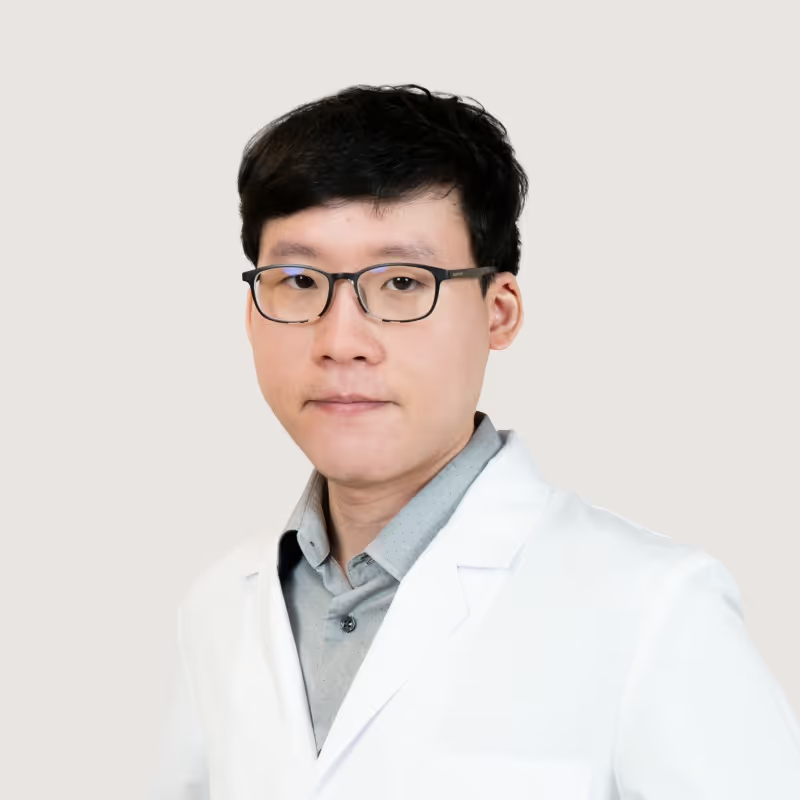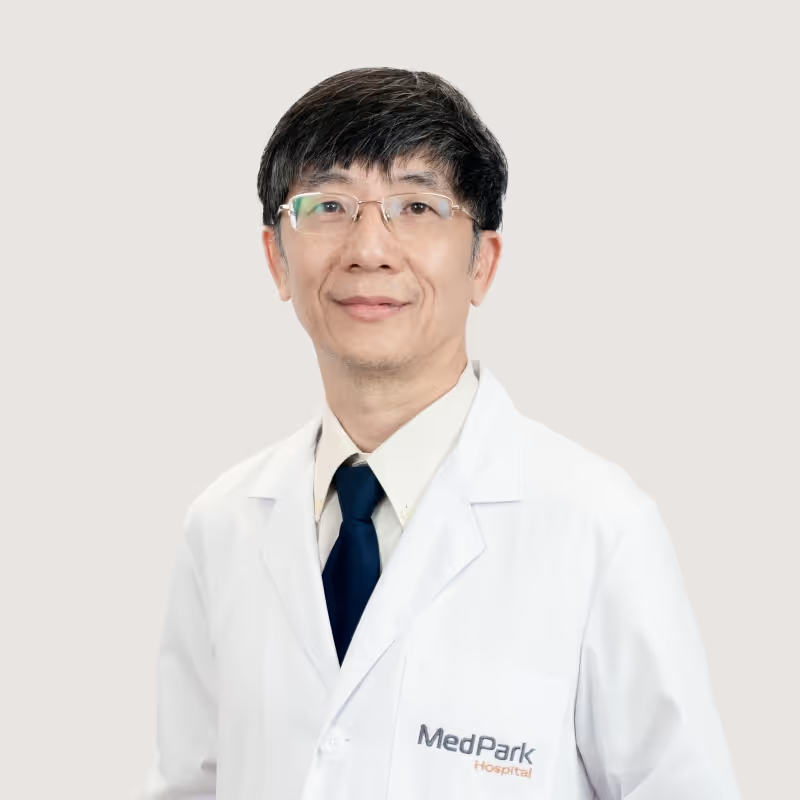Treatment of Thyroid Cancer and Hyperthyroidism with Iodine-131 (I-131) Radioactive Therapy
Thyroid cancer and hyperthyroidism are common conditions treatable in various ways. One of the most effective and popular methods is a treatment with radioactive iodine 131 (Iodine-131 or I-131).
What is Iodine-131, and why is it used to treat thyroid disorders?
Iodine-131 is a radioactive isotope of iodine, a substance the thyroid gland naturally absorbs because it uses iodine to produce thyroid hormones. The thyroid gland absorbs and concentrates the ingested Iodine-131 and destroys abnormal or cancerous thyroid cells, with minimal impact on the body's healthy cells.
Possible Treatment Side Effects
Iodine-131 treatment is safe, but some patients may experience mild side effects, such as:
- Nausea and vomiting
- Swelling in the neck from thyroid inflammation
- Fatigue and tiredness
- Dry throat, sore throat, or reduced saliva production
- Temporary salivary gland inflammation
These symptoms are usually temporary and resolve in a short time by themselves. The doctor will provide additional guidance on managing these effects.
Pre-treatment, During Treatment, and Post-treatment Guidelines
For the treatment to be effective and safe, patients should follow the doctor's instructions strictly:
Before Treatment:
- Avoid consuming seafood and iodine-containing foods 1-2 weeks before treatment. (You can read more in the article "Low-Iodine Diet.")
- Inform the doctor about any other medications you are taking so they can adjust them accordingly.
During Treatment:
- You will ingest Iodine-131 as a capsule or liquid. The process is quick and painless.
- Patients may need to stay in a special isolation room at the hospital for approximately 3 days to prevent radiation exposure to others.
After Treatment:
- Avoid close contact with others, especially young children and pregnant women, for 7-14 days.
- Drink plenty of water to help flush the radioactive substances from the body.
- Wash your hands frequently and maintain strict hygiene.
Post-Treatment Monitoring
For thyroid cancer, the doctor will schedule follow-up appointments to assess the effectiveness of the treatment and monitor for recurrence of the disease, typically 6 months to 1 year after treatment. Follow-up tests may include:
- Blood tests to measure thyroid hormone levels
- Whole body I-131 scan using SPECT/CT or a Gamma camera scanner
- Ultrasound of the neck
- Additional CT scans as deemed necessary by the doctor
How Does Iodine-131 Radiation Affect the Body?
After ingesting Iodine-131, it will emit radiation for a while, primarily affecting the thyroid gland, which absorbs most of the iodine. However, the body excretes some Iodine-131 through sweat, saliva, urine, and stool, especially during the first 48 hours after treatment.
Therefore, precautions are necessary to protect those around the patient, such as staying in an isolation room and maintaining a distance from others, particularly young children and pregnant women.
The body will gradually excrete the Iodine-131, and the radiation levels will drop significantly in the first 1-2 weeks. During this time, patients should follow safety precautions strictly:
- Use a separate restroom (if possible) and flush twice after use.
- Drink plenty of fluids to help excrete the radiation through urine.
- Wash your hands frequently and avoid sharing personal items with others.
- Sleep separately from others and avoid close physical contact for 7-14 days.
Patients need not worry about long-term effects since radiation levels decrease quickly, and the doctor will carefully assess the appropriate dosage and safety measures for each case.
Iodine-131 treatment is an effective and highly safe method for treating thyroid cancer and hyperthyroidism. If you have any questions, contact the Nuclear Medicine Center, 6th floor, Zone A, at 02-0903079 from 8:00 AM to 4:00 PM or email nuclearmedicine@medparkhospital.com.




